Kinetic Potential: A Year in Review
To say 2020 was a “challenging” year understates things by an order of magnitude. It will go down in history as a disruptor of so much and to so many, adversely impacting almost every dimension of society from employment to education to healthcare. It is impossible not to be changed by such a historical event that - as of our writing at the start of 2021 - has claimed nearly 2 million lives globally, with almost 20% (400K) of those in the US. Even as vaccines start to flow into arms globally, it’s foolish to think we can get back to living our lives as if 2020 hadn’t occurred.
Today’s world is far more precarious and fragile than the world that existed in 2019, one where we looked forward to a growing economy and expanding opportunity. Instead, the near term is - at best - one of rebuilding an economy where huge industrial sectors such as travel, hospitality, and entertainment, which employ millions of people, are devastated. One hundred thousand businesses and counting have been shuttered and most will not return. To put that in perspective, that’s the equivalent of Rhode Island and Vermont - together - revoking the business licenses of ALL employers in their states, with no guarantee of ever issuing them again. As we noted, whatever is the new normal we come to once vaccines are deploying at sufficient levels (which itself is an issue right now), it will be very different than anyone has seen in the recallable past.
Navigating the Twists and Turns of COVID-19
At KP, we’ve been simultaneously blessed and frustrated at having a front-row seat as the year of the pandemic unfolded. We’ve seen plans shift, but towards opportunities that have developed. These opportunities have crystalized - more than we might have otherwise been able to - exactly WHY our mission of serving those with barriers to employment is more important now than it’s been since our founding in 2008.
At the beginning of the year, we planned to slowly and methodically grow our national after-school and job training programs, planning for their growth to coincide with expanding our registered apprenticeship programs. By mid-Spring, two things had become apparent.
- The scale of the unemployment we were confronting - even in the early stages with forward-thinking estimation - meant our original incremental strategy would not be sufficient to the task.
- As an organization of social entrepreneurs, we would not be immune to what the pandemic had forced on so many other businesses and individuals, namely a fundamental rethinking of what we were about and how to pivot with the rapidly changing business environment.
As we brainstormed through the problem with many of our summer youth employment students, we understood the challenge was impacting the human care system, our partners, in an unprecedented manner. While we wanted methodical, slow and steady, our clients wanted help NOW -- federally funded job centers were overwhelmed, schools were unprepared to transition to online learning and our healthcare system needed contact tracers and across the board it was all hands on deck to simply stay afloat.
Kinetic Potential: Birth of the STAR Navigators
Our summer interns, ages 16-24, were placed on our WIOA project team and tasked with the assignment of developing an internal concept of providing a concierge service for the unemployed to assist workers displaced by Covid-19 obtain information and counseling on how to navigate through the overburdened unemployment and workforce systems. At that time, states like South Carolina were reporting 3500% increases in the volume of unemployment claims with workforce development agencies customer service queues reporting up to 70,000 people with many waiting in excess of 16 hours on the phone to simply get the necessary information on how to apply for unemployment insurance. The interns would spend their summer on zoom calls, flushing out their ideas and presenting to a group of volunteer advisors that critiqued their concepts, market analysis, and sales presentations through our “KP’s Got Talent” series. At the very beginning of their careers, these young people were using their critical thinking skills to respond to the multiple needs of those directly impacted by Covid-19. This concierge role took on the name of “STAR Navigator” -- the STAR serving as an acronym to describe the colloquial substance of our project -- Smart Train to American Recovery. We knew early on our STAR program would only work if it addressed a critical failure we had found in our own research, which surfaced an unfortunate truth.
There was lots of career advice doled out casually (and formally) to those in need of it. Unfortunately, much of it was outdated and irreflective of the current job market.
Moreover - and not surprisingly - the lens through which much of the advice was given was focused on what job to get with existing skills. It unwittingly left off the table the numerous opportunities for education and training, for many of which funding was available to those in need of career transition and skills updating.
Arguably our biggest blessing was that we recognized the two critical areas of talent development in which our STAR Navigators would have to be well versed. First, our STARs would have to be specialists in the major growth areas we’d identified as those that would continue to flourish, even in the face of a pandemic -- namely Software engineering (including cybersecurity), Healthcare (obviously IN-DEMAND in a pandemic), Education and Green Jobs. We categorized these jobs as falling into the middle-skill range, identified first by Harvard University and Accenture in an important report which noted the bulk of these jobs did not require a four-year college degree, but rather a high school diploma followed by two years of technical training.
The second critical area and source of epiphany for us, we recognized our STARs would have to know how to meet our clients where they are NOW, and chart for them a path into one of these in-demand career tracks. A necessary component of the path would involve training and upgrading of skills, and fortuitously we’d already had experience with federal funding programs that were widely available (and sadly underutilized).
Knowing where the clients were and where they needed to get, we knew the Workforce Innovation and Opportunity Act (WIOA) could create a number of “virtuous circles”.
We could, for example, train transitioning veterans through our registered apprenticeship program to become cybersecurity professionals utilizing WIOA dollars, then prepare the veterans to train others and provide consultative services to our partners through our experiential learning program. It’s a pay-it-forward model that serves those in need, and then helps them utilize their newly-funded talents to serve the next in line behind them.
Virtuous Cycling of Federal Dollars
Leveraging KP’s decades of work in public school districts across the nation, we saw an opportunity to further increase the utility of the federal funding streams that support our work by training our cyber apprentices to provide security services, such as Cybersecurity Awareness Training, Security Audits, Incident Response Plans and Continuity of Operations Plans for K12 schools facing increased exposure to cyber-attacks while often lacking the professional resources or the budget to address such concerns. In our ‘virtuous’ model, we realized schools could also serve as the employers of their own students, with cybersecurity being a needed skill set for their students, and their students needing a place to engage that skill set both during and after the education process, as newly minted cybersecurity professionals.
This last point about schools' needs for increased cybersecurity capabilities is not a trite observation. Schools have increasingly been targeted as hacking victims, as they increasingly move more of their processes online.
We saw that with only 20 percent of school districts employing anyone specifically responsible for cybersecurity, they were jeopardizing student personal information,
This was a direct contravention of their responsibilities under the Family Educational Rights and Privacy Act (FERPA), a federal law aimed at protecting the privacy of student records. Faced with downward pressure on budgets, the schools needed quick and effective solutions. We rapidly put into place a three-step solution executed by our experiential learning team.
- We would offer to perform a free cybersecurity audit to help uncover system vulnerabilities.
- Our vets would provide awareness training to the students and the staff to educate users of the school district’s systems on operating safely online and maintaining security.
- We would provide cybersecurity training and certification as an after-school program producing a cadre of students that could become the school’s future workforce ultimately solving its own human talent needs.
Our solution provides schools with several paths forward while implementing the safeguards needed to protect their data’s confidentiality, integrity, and availability. One option would be to continue using KP services at no or reduced cost, allowing our apprentices to work with their information systems as we also trained a cadre of their students to become cybersecurity specialists. Referring back to what we noted earlier, this was a direct application of the virtuous cycling of federal dollars.
The training dollars support the development of targeted populations (in this case veterans AND students from disadvantaged schools). Those veterans and soon-to-graduate students, in turn, serve the needs of the schools, which are significant beneficiaries of federal dollars themselves.
The thinking was simple...if you are drawing down taxpayer money, those funds should be used in the most cost-effective way possible. Especially during a pandemic, waste in federal spending feels especially irresponsible.
Beyond its efficiency, we recognized through our many years of K-12 work that individuals of any age learn and retain when they go beyond just online or in-person courses. Just knowing the facts doesn’t qualify someone for a job. The application of the facts, showing a potential employer that a person knows how to use the tools she or he’s been given...that is what smooths the way to a career path. With this in mind and our extensive network of K12 school partners, we realized that connecting these two needs--the school’s requirements for security services and the students’ needs for critical on-the-job training presented an opportunity for a win-win solution. The additional support many individuals need as they work their way through course material is the ability to successfully execute appropriate practical tasks in a true work scenario.
Technology and Experiential Learning Centers
While for many technically adept members of the workforce Covid19 simply allowed them to do their remote work from the comfort of solid internet connections and plenty of room in which to spread out, the pandemic was equally a wake-up call to figure out how to overcome the limitations of distance learning and connections for those with various socio-economic barriers. We’ve found that youth with disabilities and low-performing learners were particularly adversely affected by the transition to distance learning. Students with social and emotional issues need more intensive human interaction. For the school districts with whom we work in Washington, DC, Bridgeport, CT, and Baltimore, MD we are designing a set of technology and experiential learning centers (TELC) that can be housed in churches and other community centers and which allow small groups of socially-distanced staff to work online with small groups of students as they receive online instruction. Within the same space (and possibly in at the same time window but in separate areas), parents and others in the community could benefit from receiving help if they needed to find jobs and training. By conversing with our STAR Navigators or simply taking one of our many certification courses within an environment that’s got a better internet connection, these existing spaces can be better utilized, again creating the efficiency of dollars we’re seeking to implement.
Kinetic Potential Registered Apprenticeships
As the new year has already shown, the ‘new normal’ is anything but. We continue working to influence the incoming Biden administration to expand the number of registered apprenticeships a major part of its economic recovery plan. We wrote in a November blog what a win-win situation apprenticeship afforded both the employer and the student. As we noted in the article, KP’s Internship and Apprenticeship programs in Cybersecurity and Project Management are registered in Connecticut and are currently awaiting national recognition to become available in an additional 24 states throughout the country. KP’s registered apprenticeships are part of our talent development model, which provides classroom instruction, experiential learning, and real-world work experience in several industries, including the following:
- Information Technology & Assurance
- Project & Program Management
- Education & Child Care
- Healthcare
- Entrepreneurship
All programs are run per the KP Professional Maturity Model (KP PMM) and tailored to the destination careers’ recognized standards and targeted KSA’s. We are delighted that President-elect Joe Biden, has said he wants to put $50 billion into workforce training by creating partnerships among community colleges, businesses, unions, universities, and high schools, as well as state, local and tribal governments.
We look forward to working with members of his administration and Senator Coons to further existing proposals to invest in in-demand jobs such as home-healthcare workers and early-education teachers, through programs that lead to certification and ongoing professional development, such as labor-management training and apprenticeships.
In short, we believe we have taken what could have been fodder for moping and licking wounds, and instead responded to the year’s events and stresses in a positive way. We have reimagined how to be the most effective change agent in a system that has been deadlocked in place for too long. Political polarization has not helped matters, but we now know simply waiting for Washington to act on problems that will be endemic for a while is not a solution.
Last month over 20 million people filed claims for unemployment benefits, according to the Department of Labor. The matter is as serious an issue as our last few generations have had to solve. An economic restart will involve all hands on deck. We believe the way forward is through partnerships and wise use of existing dollars to help those most in need. Through KP’s STAR Navigators, and through our currently-launching Talent Scout Social Entrepreneurship initiative (more on that to come shortly), we are on the right track, and on the right train.
Godspeed
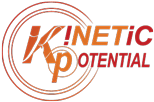


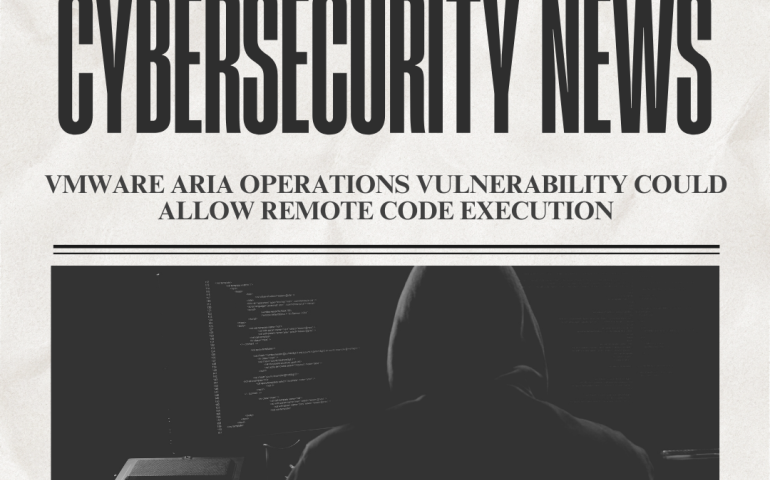
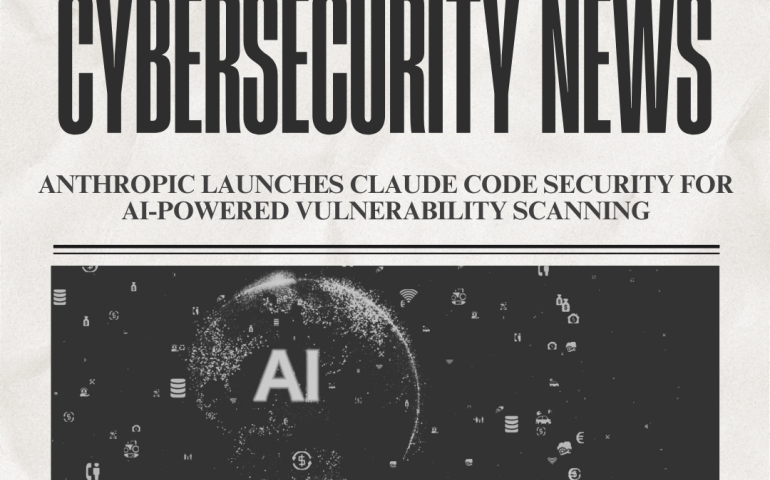
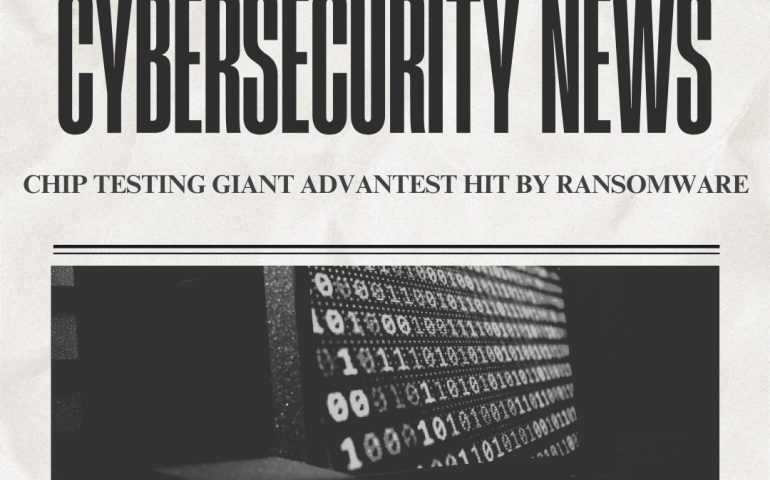
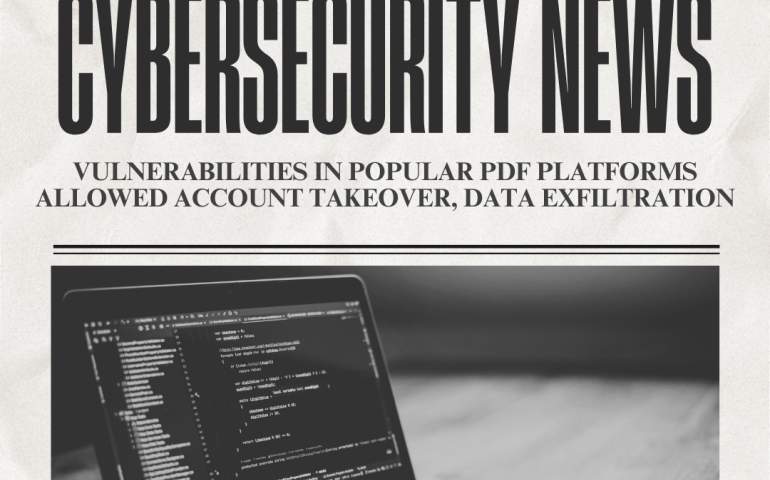
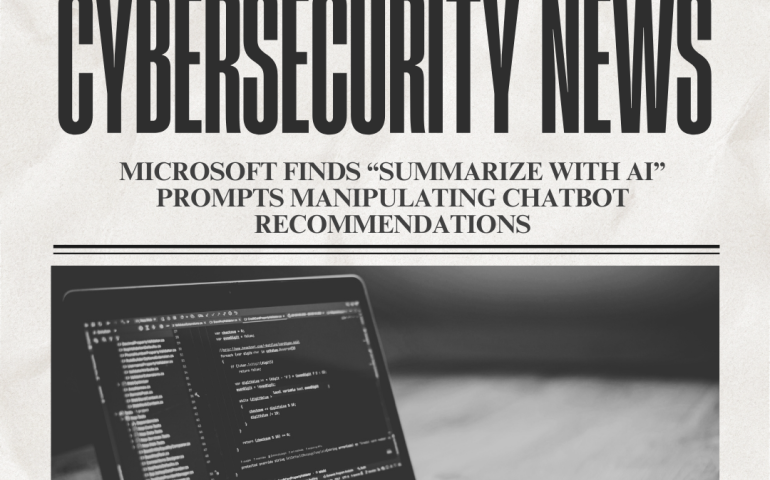
Kinetic Potential: A Year Review
Kudos to you Kinetic Potential!! Despite the downside of 2020 you're building that rainbow as we look forward to 2021.